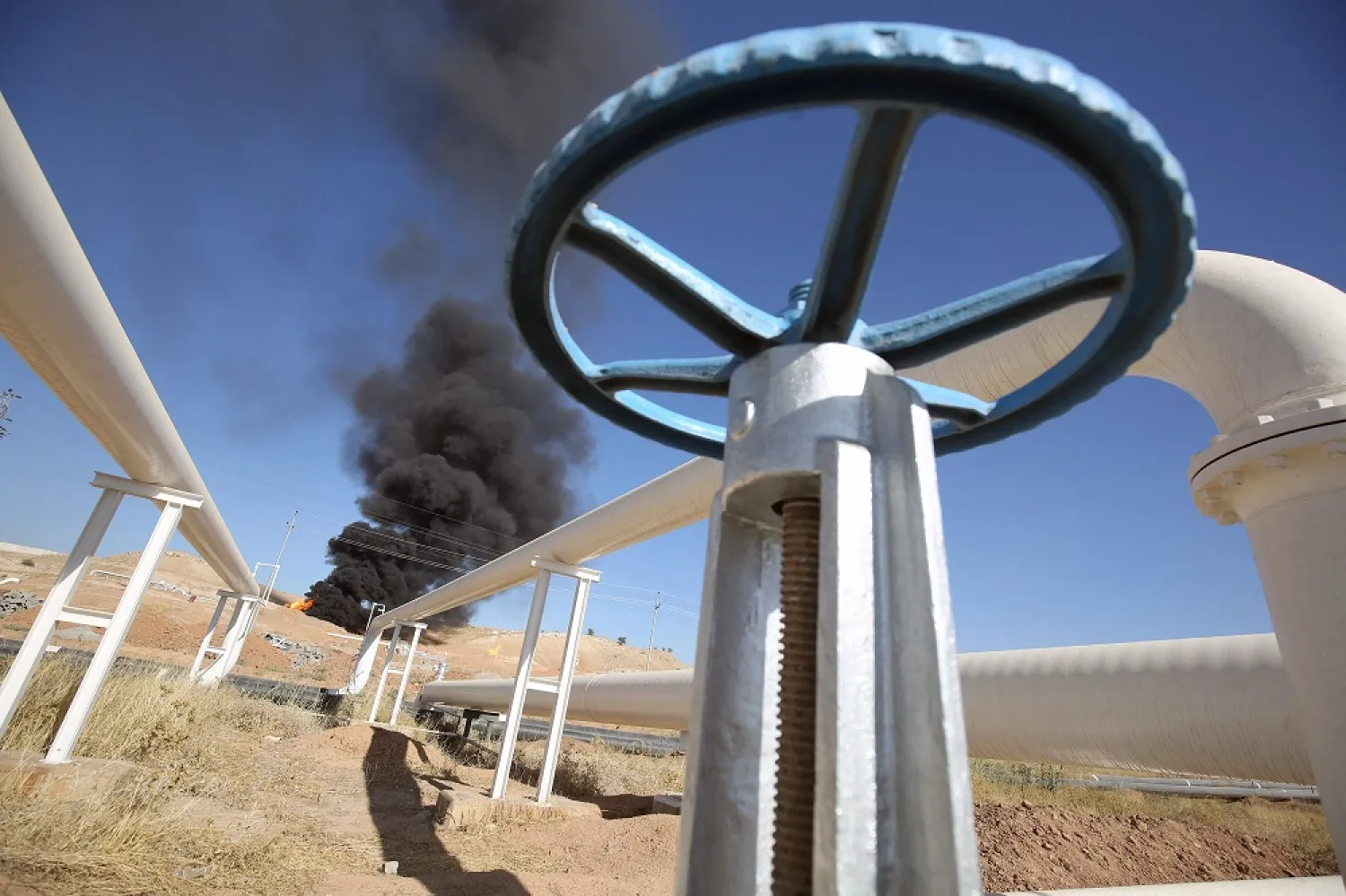US energy company Schlumberger has said it will not apply without Baghdad's consent for any tenders in the oil and gas sector of Iraq's Kurdistan region, according to a letter sent to the Iraqi oil minister and seen by Reuters.
Schlumberger said it would comply with a February ruling by Iraq's federal supreme court, which deemed an oil and gas law regulating the industry in Kurdistan unconstitutional and demanded that Kurdish authorities hand over crude supplies.
The ruling of the Baghdad-based court has strained tensions between the Iraqi government and the country's semi-autonomous Kurdish Regional Government (KRG), based in the northern city of Erbil.
In May, Baghdad made a fresh attempt to control revenue from Kurdistan by asking oil and gas companies operating there to sign new contracts with state-owned marketer SOMO rather than the KRG.
In a letter sent to Oil Minister Ihsan Abdul Jabbar Ismail on behalf of Schlumberger, the company said it was committed to operate in compliance with the decision.
"In the event of any existing contracts (in Kurdistan), Schlumberger Middle East S.A. will make every effort to resolve the same," it said.
Iraq's state news agency earlier reported that Schlumberger had decided to exit Iraqi Kurdistan but later corrected its story, dropping all mention of plans to exit, without elaborating.
Kurdistan has been developing oil and gas resources independently of the federal government and in 2007 enacted its own law establishing the directives by which the region would administer these resources.
KRG crude is exported through a pipeline that runs from Iraq's Kirkuk region to the Turkish port of Ceyhan.
The federal supreme court ruling declared KRG oil contracts with oil companies, foreign parties and states invalid, including exploration, extraction, export and sale agreements.
The ruling also stated that the oil ministry must be allowed to audit all agreements the KRG concludes with oil and gas companies.
The KRG continues to export crude through Ceyhan, shipping sources say.









